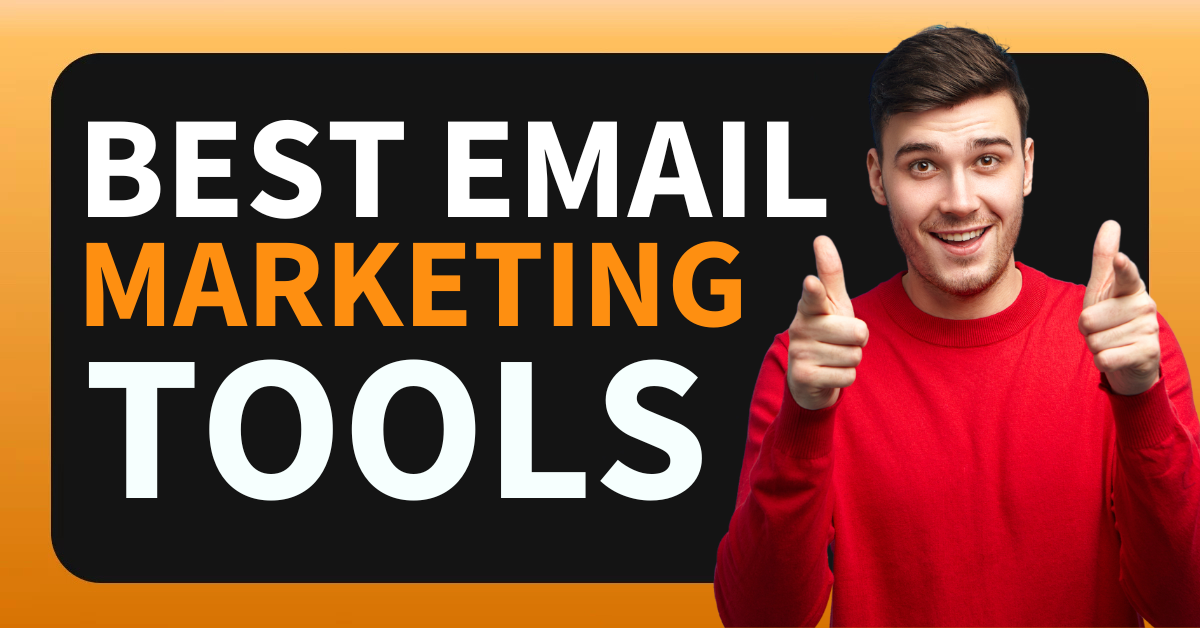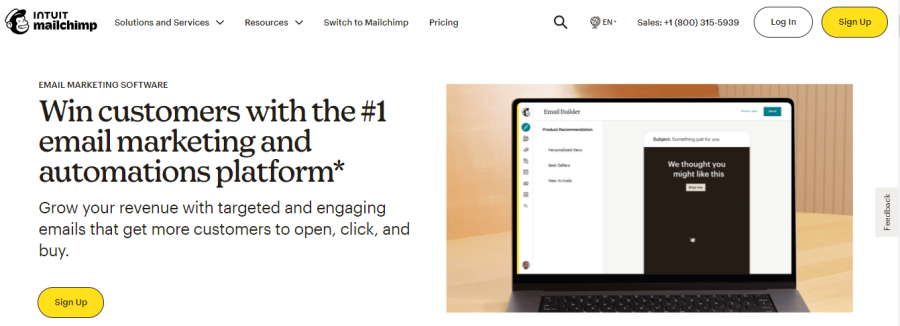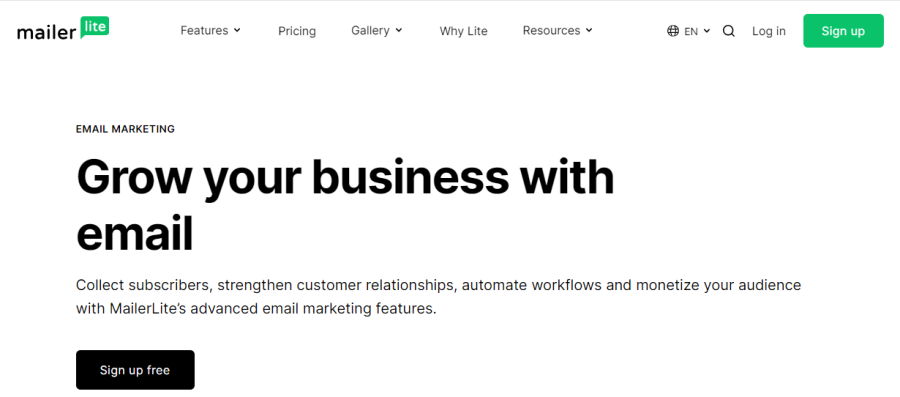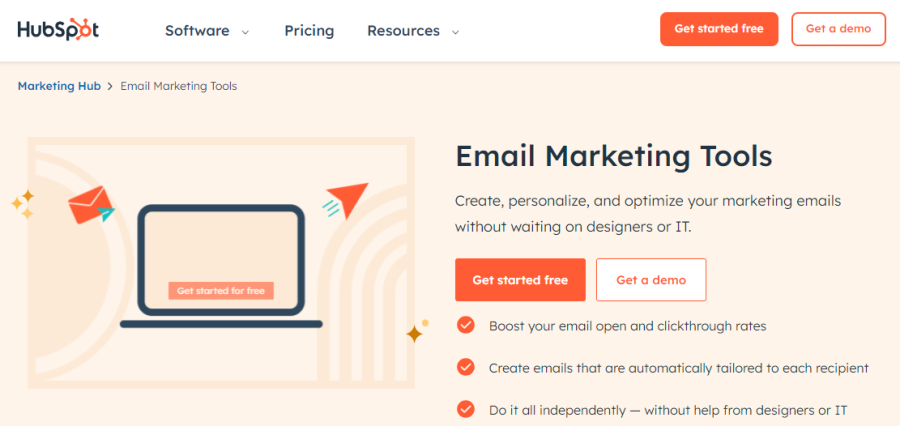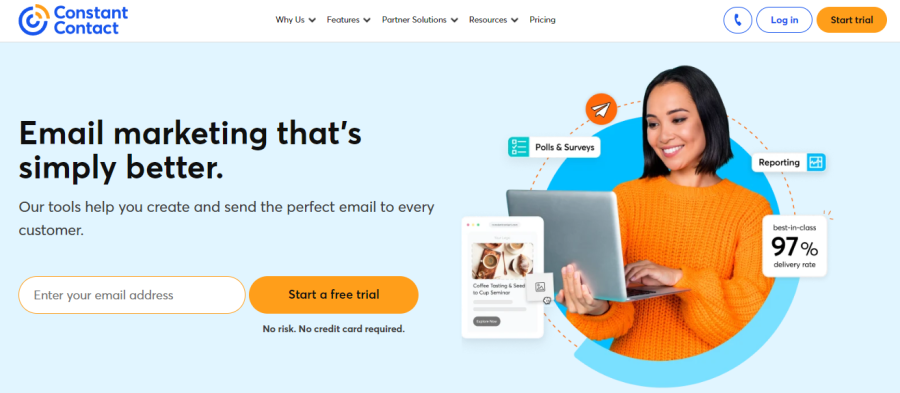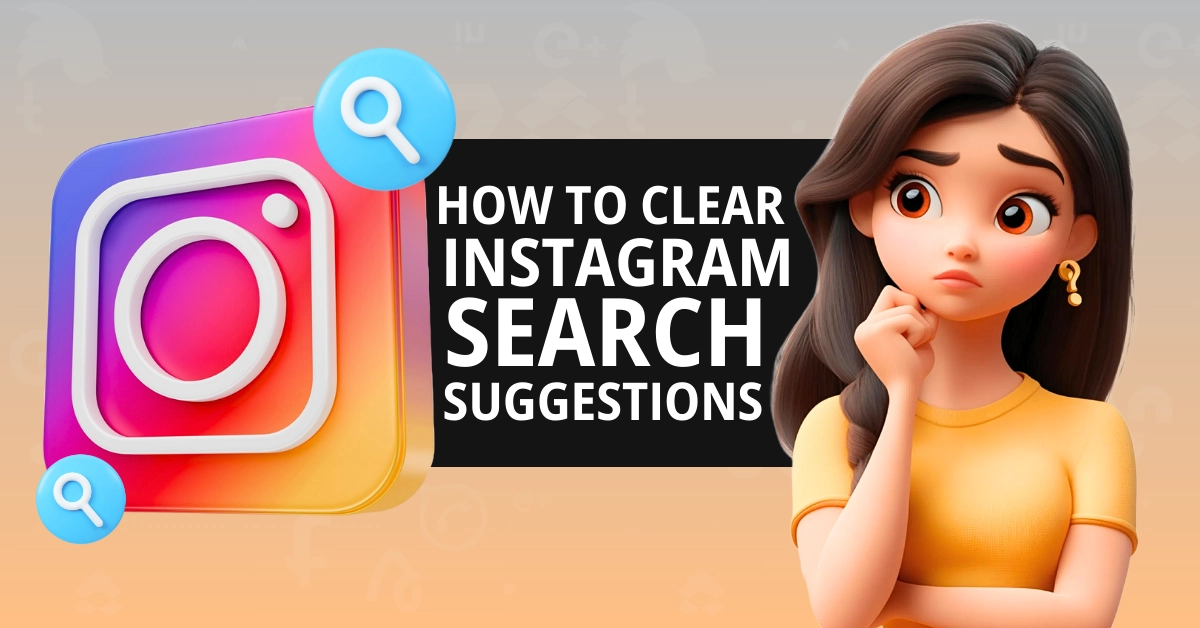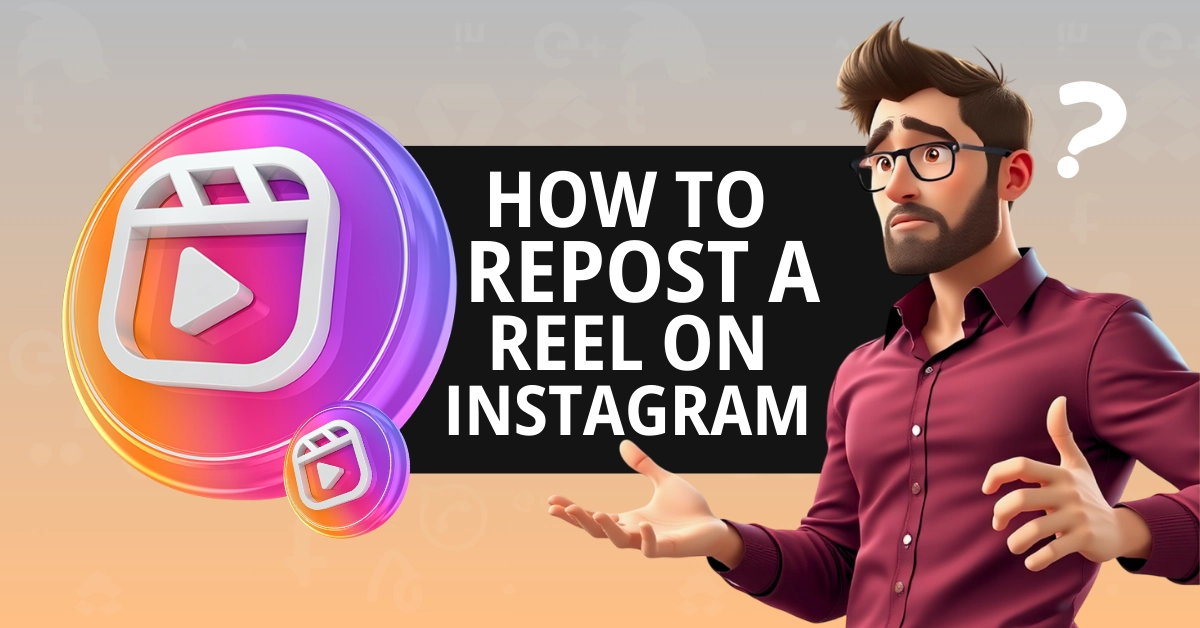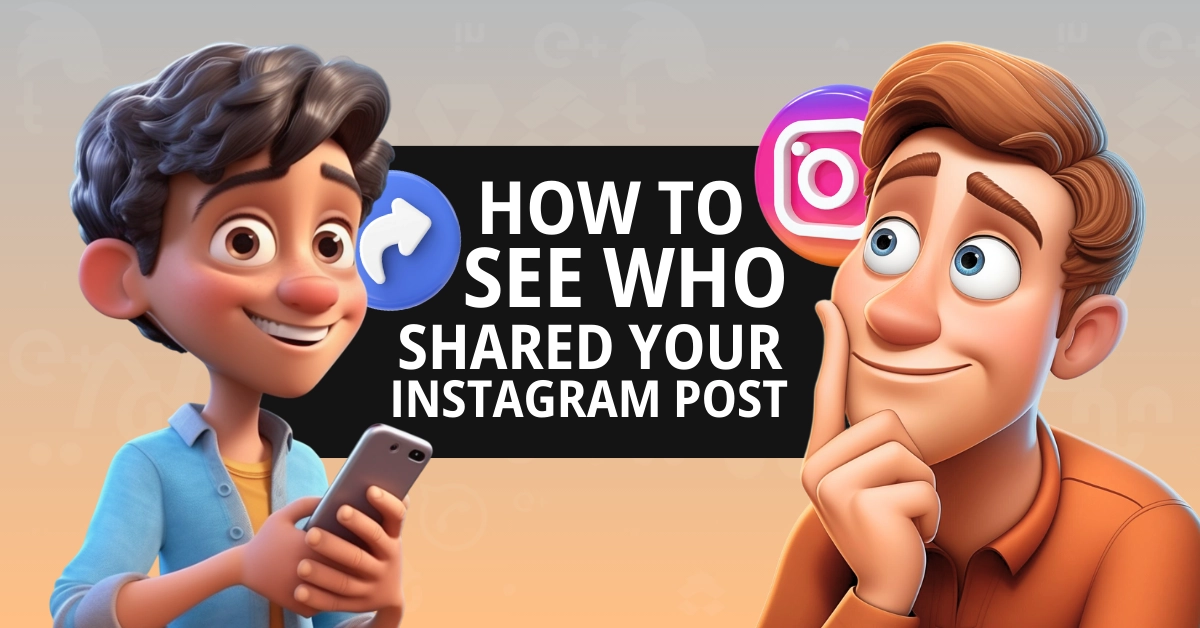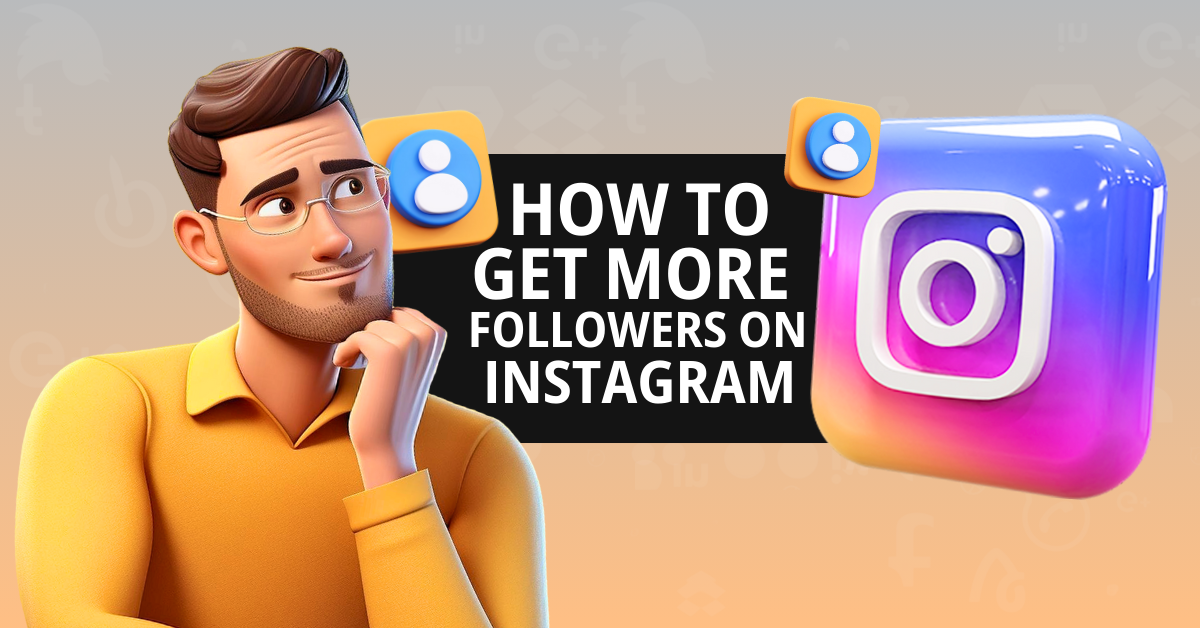Hold on, email marketing? In the age of TikTok dances and disappearing Instagram stories? Absolutely! While social media is certainly popular, email remains a powerful marketing OG. Don’t believe it? Here’s the tea: according to the Direct Marketing Association, the average return on investment (ROI) for email marketing is a whopping 4200%.
Think about it. People check their email every day; it’s a direct line to their inbox, and unlike ever-changing social media algorithms, you maintain some control over what gets shown to your audience. But with a ton of email marketing tools out there, choosing the right one can feel overwhelming. This post ranks the top 5 tools, exposing their features, pros, cons, and pricing to help you pick the perfect match for your brand.
Why Does Email Marketing Still Reigns Supreme?
Let’s face it – social media is loud. Ads, trends, and notifications bombard users, making it easy for your message to get lost in the noise. Email, however, offers a more intimate space. It’s permission-based marketing, meaning people have signed up to hear from you, increasing the chances they’ll actually engage with your content.
Here’s a real-life example to prove the point. BuzzFeed, the king of quirky quizzes and listicles, saw a significant increase in traffic and engagement after revamping their email marketing strategy. By segmenting their audience and sending targeted emails, they boosted their click-through rates by 17%, according to Campaign Monitor. See the magic?
Top 5 Email Marketing Tools to Build or Manage Your Email List
Now that we’ve established email as a powerful marketing tool, let’s explore the top tools for crafting winning campaigns.
1. Mailchimp: The All-in-One Rockstar
Mailchimp’s iconic chimp mascot isn’t the only thing that makes it a star. This user-friendly platform offers a robust set of features, making it ideal for beginners and seasoned marketers alike.
- Pros: Drag-and-drop email builder, marketing automation, integrations with popular platforms like Shopify, free plan for up to 2,000 subscribers.
- Cons: Limited free plan features, complex automation for new users.
- Best for: Businesses of all sizes looking for an all-in-one solution with a user-friendly interface.
- Pricing: Free plan with limitations, Essentials Plan $13/mo, Standard Plan $20/mo, and Premium Plan $350/mo
2. ActiveCampaign: The Automation Ace
If automation is your marketing jam, then ActiveCampaign is your best friend. This platform has powerful automation features that let you create personalized customer journeys based on subscriber behavior.
- Pros: Drag-and-drop email builder, advanced automation workflows, lead scoring, CRM integration.
- Cons: Steeper learning curve, and pricing can be expensive for high-volume emailers.
- Best for: Businesses looking for advanced automation with a focus on nurturing leads.
- Pricing: Free 14-day trial, paid plans start at $29/month.
3. MailerLite: The Budget-Friendly Darling
Looking to stretch your marketing budget? MailerLite is your solution. This platform offers a generous free plan with core features, making it ideal for startups and small businesses.
- Pros: Super affordable, user-friendly interface, drag-and-drop email builder, landing pages.
- Cons: Limited automation features compared to other platforms, free plan has a lower subscriber limit.
- Best for: Budget-conscious businesses and startups looking for a user-friendly platform with a free plan.
- Pricing: Free plan for up to 1,000 subscribers, paid plans start at $10/month.
4. HubSpot: The Marketing Suite Powerhouse
HubSpot isn’t just about email marketing; it’s a complete marketing suite offering tools for social media, SEO, and content management. Their email marketing platform seamlessly integrates with the other tools, making it ideal for businesses with a holistic marketing approach.
- Pros: Powerful email marketing features, drag-and-drop email builder, landing pages, forms, CRM integration, free plan.
- Cons: Limited free plan features, complex for beginners, pricing can be expensive for larger businesses.
- Best for: Businesses looking for a comprehensive marketing suite with all the bells and whistles.
- Pricing: Free plan with limitations, paid plans start at $50/month.
5. Constant Contact: The Support Superstar
Constant Contact might not be the flashiest kid on the block, but it shines in terms of customer support. This platform is known for its user-friendly interface and exceptional customer service, making it a great choice for beginners and small businesses.
- Pros: Drag-and-drop email builder, easy-to-use interface, excellent customer support, event management tools, free plan.
- Cons: Limited automation features compared to other platforms, free plan has a lower subscriber limit.
- Best for: Beginners, small businesses, and organizations that prioritize excellent customer support.
- Pricing: Free plan for up to 100 contacts, paid plans start at $20/month.
How to Choose the Right Tool for Your Marketing Strategy?
There’s no one-size-fits-all answer when it comes to email marketing tools. The best platform for you depends on your specific needs and budget. Here are some key factors to consider:
- Subscriber List Size: Most platforms offer free plans with subscriber numbers limited. When choosing a plan, consider your current list size and projected growth.
- Features: Do you need basic email marketing features or advanced automation capabilities?
- Budget: Free plans are a great starting point, but paid plans often offer more features and higher sending limits.
- Ease of Use: If you’re a beginner, a user-friendly interface is crucial.
- Beyond the Tools: Crafting Winning Email Marketing Campaigns
- Picking the Right Tool is Just the First Step. To truly be an email marketing rockstar, you need to craft compelling content and segment your audience.
Content is king (or queen): Write engaging email copy that resonates with your audience. Use storytelling, personalize your messages, and offer valuable content.
Segmentation is your secret weapon: Don’t blast the same generic email to everyone. Segment your audience based on interests, demographics, or purchase history. This allows you to send targeted emails that are more likely to resonate.
Email marketing isn’t dead; it’s thriving! With the right tools and strategies, you can use email to build relationships, nurture leads, and drive sales. So, ditch the email FOMO (Fear Of Missing Out) and unleash the power of your inbox.
By choosing the right tool from this list and implementing some winning content strategies, you’ll be well on your way to email marketing mastery.


